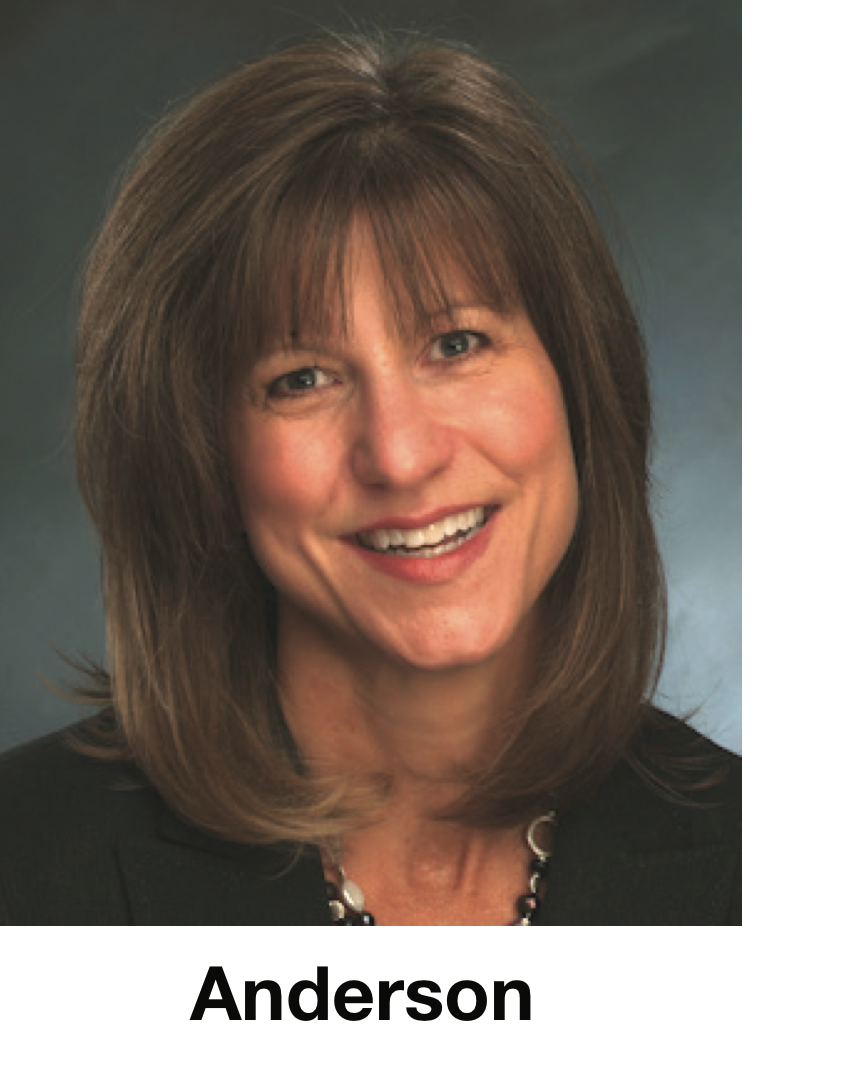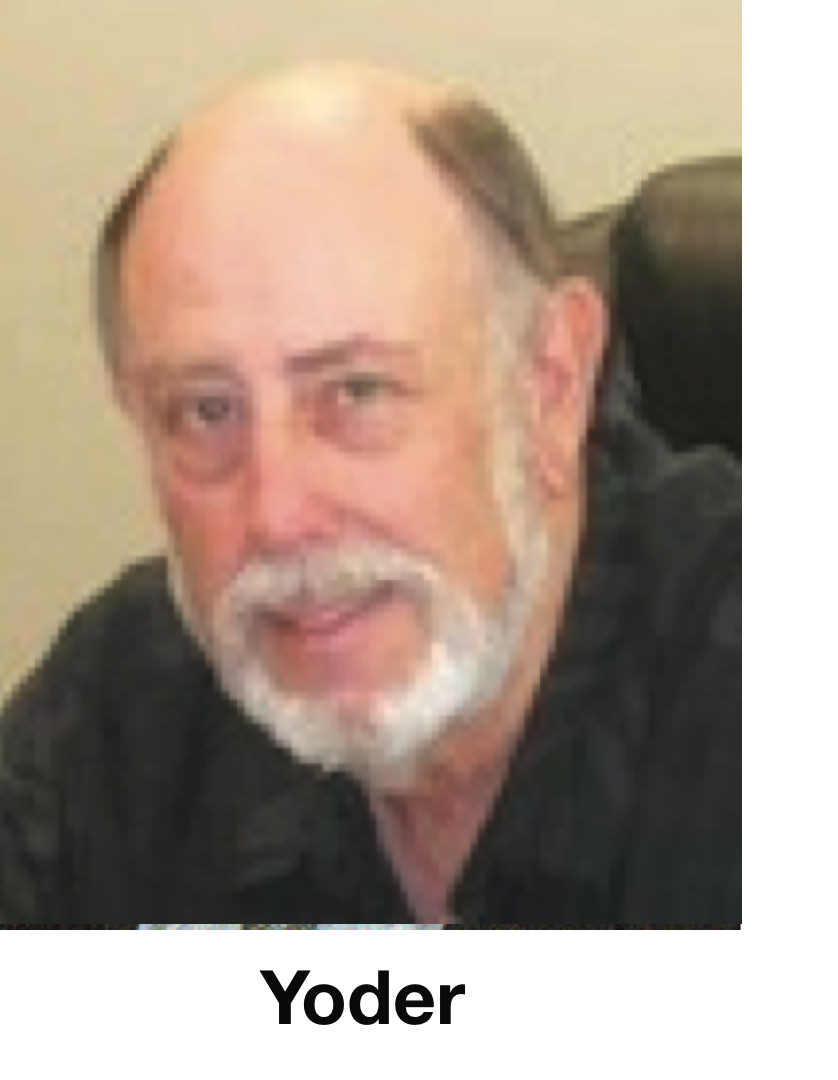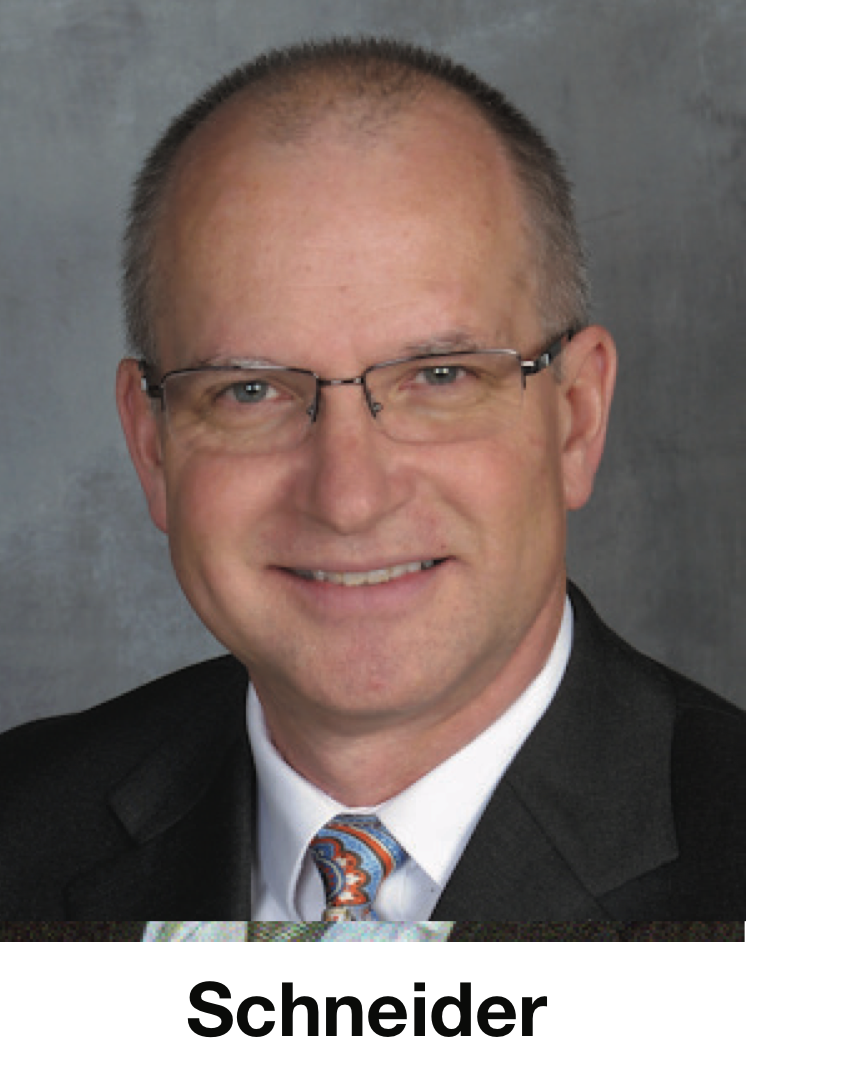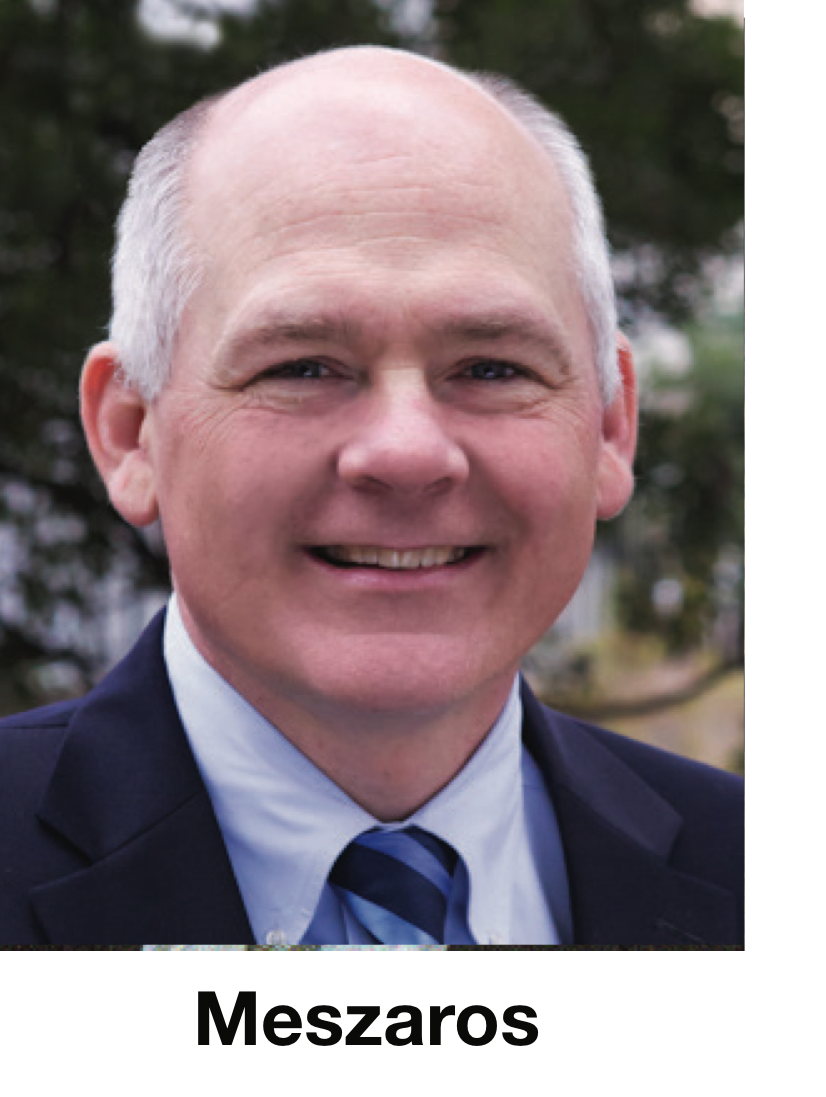Martha Rodriguez, Practice Manager, EMA, Inc.
Terry Brueck, President/CEO, EMA, Inc.
Editor’s Note: This article is based on a panel discussion with water utility representatives at AMWA’s 2018 Executive Management Conference. Additional information was gathered from the J.D. Power website, the J.D. Power Water Utility Residential Customer Satisfaction StudySM, and a phone interview with Andrew Heath, Senior Director of Utilities Practice at J.D. Power.
All water utilities are not created equal. Can a customer satisfaction survey take the largest utilities, compare them, and provide a meaningful measure of their differences? What is the meaning of a customer satisfaction index when customers are not given a choice in their service provider? Customer satisfaction is largely a measure of individuals’ perceptions. How important are those perceptions, when water utilities exceed EPA water quality standards? As utilities learn more about the J.D. Power water utility study, they offer differing perspectives on its meaning and value.
As consumers, how many of us have not heard of J.D. Power? It is a household name hinting of cars and awards. J.D. Power is an American-based global marketing company, started in 1968. Its founder felt that customer satisfaction was overlooked by the automotive industry. To fill this gap, J.D. Power surveyed end consumers about the product and service they received.
J.D. Power’s popularity grew in a wide range of competitive markets: telecommunications, banking, and other consumer goods. It expanded to the utility sector 20 years ago with regulated monopolies in electric and natural gas. Some of those utilities also served water/wastewater and requested coverage in that area. This was the driver for the J.D. Power water utility study. It has been conducted in 2016, 2017, and 2018, and is in the works for 2019.
The survey focuses on water utilities serving a retail population of 400,000 or more, based on publicly available EPA data. The survey is conducted on a statistical sample of water customers without conferring with the utility directly or having access to the water utility’s customer data. Customers are asked to confirm their water service provider, which may cause data anomalies among organizations with complex billing/infrastructure relationships.
There are approximately 30 questions in six factor areas: delivery, price, billing/payments, communications, conservation, and customer service. Some questions are weighted higher than others. Wastewater questions appear when applicable. J.D. Power conferred with the American Water Works Association (AWWA) and National Association of Water Companies (NAWC) during their initial survey question design.
Results from previous years have shown that some key satisfiers are:
- Water taste and smell – Customers regard water taste and smell as the most important factor.
- Communication recall – Customers remember the utility communicating with them in the last six months.
- Infrastructure investment awareness – Customers perceive value in the utility’s infrastructure maintenance.
- Electronic billing – Customers with e-billing are generally more satisfied than paper bill customers.
Survey data is categorized into rankings. Rankings turn into awards, culminating in the water utility with #1 customer satisfaction in each of four regions. J.D. Power sells the study results for surveyed utilities to see their data and rankings in more detail.
How does a survey business model that relies on competitive rankings apply to public sector monopolies? Water utilities raise several concerns. Do survey results that highlight perceptions of bad water taste and smell drive consumers to bottled water? Is J.D. Power surveying the correct customers and capturing valid demographic samples? EPA population data is not always clear on delineating wholesale service areas vs. retail residential customers. What is the public view of water utility rankings by J.D. Power? What is an acceptable level of customer satisfaction according to the index? Public utilities openly cooperate with one another for the greater public good. Is accepting a competitive award sending the wrong message?
Utilities shared differing perspectives about J.D. Power’s survey results during the AMWA panel discussion with conference attendees:
 Julie Anderson, chief of staff at Denver Water, believes there is no “one right answer” when it comes to surveying customers. It boils down to the utility understanding its own objectives and intended outcomes. For these reasons, Denver Water prefers to use its in-house developed biannual and quarterly surveys. They benchmark against themselves to improve customers’ overall experience. Denver Water controls its survey fielding methodology and pulls survey population directly from its billing system. This approach ensures the voice of its direct customers is heard. Denver Water prides itself in providing excellent customer service. Surveys have been a focal point in achieving that.
Julie Anderson, chief of staff at Denver Water, believes there is no “one right answer” when it comes to surveying customers. It boils down to the utility understanding its own objectives and intended outcomes. For these reasons, Denver Water prefers to use its in-house developed biannual and quarterly surveys. They benchmark against themselves to improve customers’ overall experience. Denver Water controls its survey fielding methodology and pulls survey population directly from its billing system. This approach ensures the voice of its direct customers is heard. Denver Water prides itself in providing excellent customer service. Surveys have been a focal point in achieving that.
 Doug Yoder, deputy director at the Miami-Dade Water and Sewer Department (WASD), was surprised to receive a trophy for the highest customer satisfaction in the South United States (2016). WASD had no prior knowledge of J.D. Power surveying its customers. While WASD does not intend to purchase the program at this time, Doug sees the value in being highly ranked for customer service. WASD’s anchor is to know the goals for customer satisfaction data. Are survey observations toward those goals in sync with elected officials’ perceptions, funding, and available resources? These factors are a reality in the public sector and differ among utilities.
Doug Yoder, deputy director at the Miami-Dade Water and Sewer Department (WASD), was surprised to receive a trophy for the highest customer satisfaction in the South United States (2016). WASD had no prior knowledge of J.D. Power surveying its customers. While WASD does not intend to purchase the program at this time, Doug sees the value in being highly ranked for customer service. WASD’s anchor is to know the goals for customer satisfaction data. Are survey observations toward those goals in sync with elected officials’ perceptions, funding, and available resources? These factors are a reality in the public sector and differ among utilities.
 Steve Schneider, general manager at St. Paul Regional Water Services (SPRWS), is on the fence about purchasing J.D. Power data. SPRWS was ranked first in customer satisfaction in the Midwest United States (2017). SPRWS surveys customers every two years and is generally happy with its approach. Steve recognizes J.D. Power’s reputation as a survey expert but would like to learn more from other utilities before making the cost investment.
Steve Schneider, general manager at St. Paul Regional Water Services (SPRWS), is on the fence about purchasing J.D. Power data. SPRWS was ranked first in customer satisfaction in the Midwest United States (2017). SPRWS surveys customers every two years and is generally happy with its approach. Steve recognizes J.D. Power’s reputation as a survey expert but would like to learn more from other utilities before making the cost investment.
 Greg Meszaros, director at Austin Water, has purchased J.D. Power data since 2017. Austin Water’s primary goal is to define customer satisfaction. With insight from the data, Austin Water made improvements in its customer service delivery. Its survey rankings increased the following year. Greg appreciates J.D. Power’s commitment in explaining its survey analysis in depth. Austin Water plans to continue with the J.D. Power program.
Greg Meszaros, director at Austin Water, has purchased J.D. Power data since 2017. Austin Water’s primary goal is to define customer satisfaction. With insight from the data, Austin Water made improvements in its customer service delivery. Its survey rankings increased the following year. Greg appreciates J.D. Power’s commitment in explaining its survey analysis in depth. Austin Water plans to continue with the J.D. Power program.
In a culture where utilities are shifting from “rate payers” to “customers,” customer satisfaction becomes increasingly important. Utilities with established surveys may see no need to purchase J.D. Power data. Utilities without a survey program may recognize J.D. Power’s value as a statistical expert and household name. One thing is certain. Untethered to profits and intellectual property, utilities support one another. Peers freely share their approach in improving customer satisfaction. Collaboration itself is a great award.